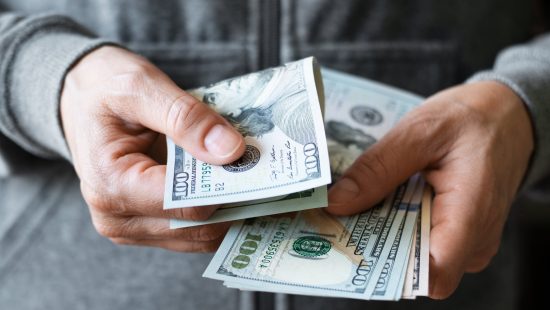From Okinawa’s centenarians to modern science, discover how finding your “reason for being” can add years—and joy—to your life.
Surprise! The secret to living a long, fulfilling life may not lie in a pill bottle or a medical treatment, but in something far more human: having a purpose. That’s the finding of several studies on a fascinating concept known as ikigai.
Ikigai (pronounced ee-kee-guy) is a Japanese word often translated as “reason for being.” It’s about finding what makes you excited to get out of bed in the morning, what brings joy and meaning to your everyday actions. And it doesn’t have to be tied to your career. It could be gardening, volunteering, teaching grandchildren, painting, cooking—anything that makes life feel worthwhile.
One of the best-known examples of ikigai in action comes from Okinawa, Japan, one of the famous Blue Zones—places in the world where people regularly live past 100 with remarkably low rates of chronic illness. Researchers have found that Okinawans’ longevity isn’t just about their healthy diets (lots of vegetables, tofu, and green tea) or their active lifestyles. It’s also about their attitude toward life.
In Okinawa, ikigai is deeply woven into the culture. Instead of fully “retiring,” older adults continue doing things they love—whether that’s farming, fishing, practicing traditional crafts, or gathering with neighbors to sing and dance. This keeps them physically active, socially connected, and emotionally fulfilled.
Okinawans also have a tradition called moai, which are lifelong social circles that provide friendship and support. Imagine having a built-in group of friends who are there for you, not just in your youth, but all the way into your 90s and beyond!
In Japanese culture, there isn’t even a direct word for “retirement” in the Western sense of completely stopping work. Instead, the focus is on continuing to do what you love, for as long as health allows. National Geographic journalist Dan Buettner, who has studied Blue Zones extensively, notes that this sense of ongoing purpose is a major driver of both physical and emotional well-being.
Studies confirm that having a clear sense of purpose (an ikigai) can extend life expectancy and reduce the risk of dementia, depression, and heart disease. People who cultivate an ikigai don’t just live longer—they live better, with more joy, energy, and resilience.
Healthy food and exercise are important, but true well-being in later life also depends on that inner compass—your ikigai—that guides you toward what truly matters. So the question is: what’s your reason for being?
Even in the U.S., research has shown similar benefits. A 2019 study from the University of Michigan found that older adults with a strong sense of purpose were less likely to die over the follow-up period than those without one. Looks like ikigai isn’t just a Japanese secret—it’s a universal one.








